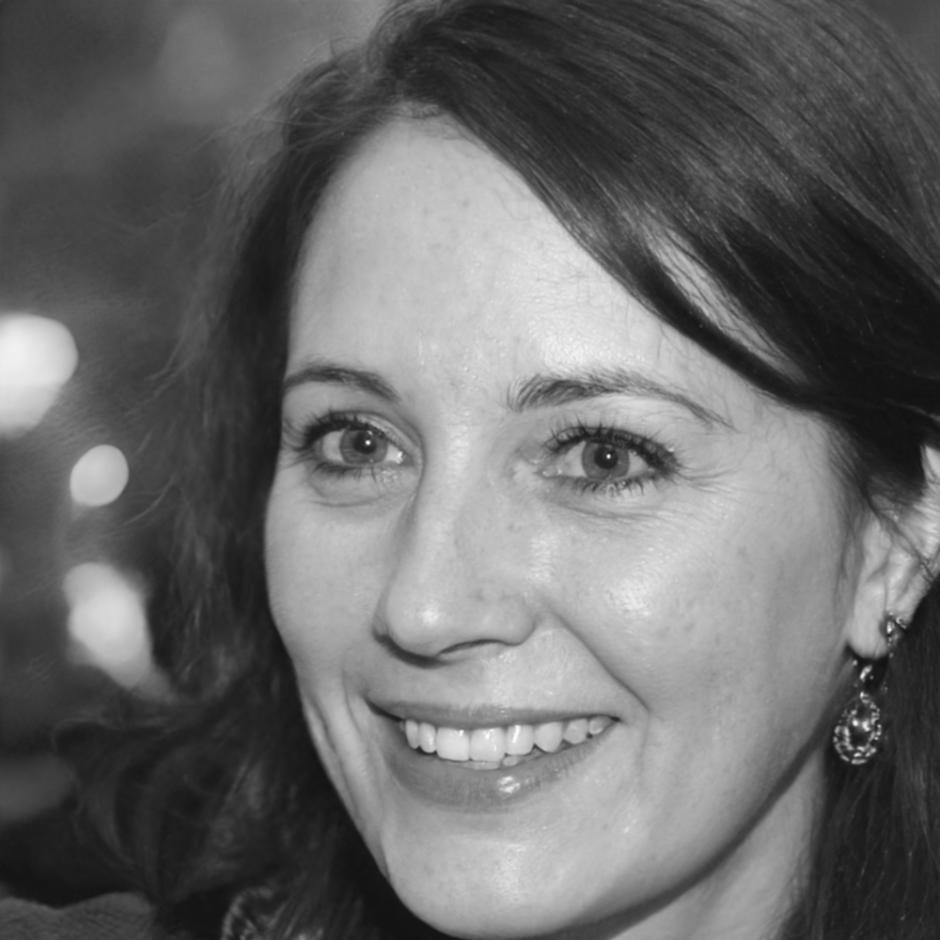Tus Números, No Ejemplos
Trae tus extractos bancarios, facturas de tarjetas de crédito, lo que tengas. Trabajaremos con lo que realmente está pasando en tu vida, no con una familia teórica de cuatro personas con un ingreso perfectamente promedio.
Sin guiones. Sin clases magistrales de libros de texto. Solo sabiduría práctica sobre presupuestos de personas que realmente han estado allí.
Nuestros instructores no son solo profesionales de las finanzas que un día decidieron enseñar. Son personas que reconstruyeron sus propias vidas financieras, cometieron errores, aprendieron lecciones difíciles y ahora quieren compartir lo que realmente funcionó. Obtendrás consejos directos sobre la gestión del dinero de personas que entienden la lucha porque la han vivido.

Especialista en Fondos de Emergencia
Cletus pasó siete años saliendo de deudas después de un despido en 2015. Te dirá exactamente qué funcionó y qué fue una completa pérdida de tiempo. Su enfoque se centra en construir pequeñas victorias que realmente se mantengan en lugar de grandes planes que se desmoronan para febrero.

Entrenadora de Patrones de Gasto
Después de rastrear cada euro durante tres años seguidos, Zenobia sabe dónde desaparece el dinero. Ayuda a las personas a identificar sus verdaderos desencadenantes de gasto sin hacerles sentir culpables. Sus sesiones se sienten más como conversaciones con un amigo que sabe mucho sobre presupuestos.

Guía de Planificación a Largo Plazo
Radcliffe comenzó a planificar su jubilación a los 42 años después de darse cuenta de que no tenía nada ahorrado. Ahora, a los 54, está en camino y quiere ayudar a otros a evitar el pánico que sintió. Se especializa en crear planes realistas que se ajustan a medida que la vida sucede, porque siempre lo hace.
Olvídate de sentarte a ver presentaciones de PowerPoint. Trabajamos con tu situación financiera real usando números reales y escenarios reales. A veces es complicado, pero ese es el punto. La gestión del dinero no es limpia y ordenada, así que ¿por qué fingir que lo es?
Trae tus extractos bancarios, facturas de tarjetas de crédito, lo que tengas. Trabajaremos con lo que realmente está pasando en tu vida, no con una familia teórica de cuatro personas con un ingreso perfectamente promedio.
Empezamos con un área. Tal vez sea rastrear las compras de café durante dos semanas. Tal vez sea configurar una transferencia automática. Saldrás de cada sesión con algo específico para probar, no abrumado por una revisión financiera completa.
Tu coche necesitará reparaciones. Tu hijo crecerá más rápido de lo esperado y necesitará zapatos nuevos. Pasamos tiempo en qué hacer cuando el presupuesto no funciona porque ahí es donde la mayoría de las personas se rinden. Tener un plan de respaldo importa más que tener un plan perfecto.

La gente nos pregunta estas cosas todo el tiempo. Esto es lo que necesitas saber antes de empezar.
Si puedes sumar y restar, estás bien. Hablamos de aritmética básica aquí, no de cálculo. La mayor parte del trabajo presupuestario es solo anotar cosas y comparar dos números.
Entonces eres exactamente quien debería estar aquí. Hemos trabajado con personas en todas las situaciones. Estar atrasado no te descalifica para aprender a gestionar mejor el dinero en el futuro.
La mayoría de las personas notan que tienen mejor conciencia del gasto en tres semanas. La mejora financiera real depende de tu situación. Algunos ven un respiro en dos meses, otros tardan seis meses en cambiar las cosas.
Las sesiones duran 90 minutos. Querrás dedicar unos 30 minutos a la semana a trabajar en tu presupuesto entre sesiones. Eso es todo. No te pedimos que te conviertas en un experto en finanzas, solo que prestes atención un poco cada semana.
El próximo grupo comienza en septiembre de 2025. Realizamos sesiones en otoño e invierno porque el verano se vuelve demasiado impredecible con las vacaciones. Las fechas de primavera de 2026 se publicarán en diciembre.
La vida pasa. Grabamos todo y puedes ponerte al día. También puedes programar una llamada de 20 minutos con tu instructor para repasar lo que te perdiste. Perder una sesión no descarrilará tu progreso.
No. Eso es parte, pero nos enfocamos más en entender a dónde va tu dinero y tomar decisiones conscientes. A veces reducir gastos ayuda. A veces necesitas ganar más. A veces solo necesitas una mejor organización.
No realmente. Nos enfocamos en los fundamentos del presupuesto. Si no puedes rastrear tus gastos y construir un pequeño fondo de emergencia, los consejos de inversión no ayudarán mucho. Primero asegúrate de tener los básicos sólidos, luego preocúpate por aumentar tu riqueza.
Un cuaderno funciona bien. Si quieres usar hojas de cálculo o aplicaciones, también está bien. Te mostraremos opciones gratuitas durante la primera sesión. La herramienta importa mucho menos que usarla de manera consistente.
Sí. Envía un correo electrónico a tu instructor en cualquier momento. La mayoría responde dentro de las 24 horas en días laborables. También tenemos un chat grupal donde las personas comparten qué funciona y qué les frustra. No estás haciendo esto solo.
Tendrás todos los materiales y puedes seguir trabajando por tu cuenta. Algunas personas regresan para una sesión de repaso seis meses después. Otras se unen a nuestro grupo de seguimiento mensual que se reúne el primer martes de cada mes.
Contáctanos en contact@hiveralumosia.com o llama al +34 645 395 106. Organizaremos una llamada rápida de 15 minutos para asegurarnos de que esto es lo que buscas y responder cualquier pregunta que no hayamos cubierto aquí.